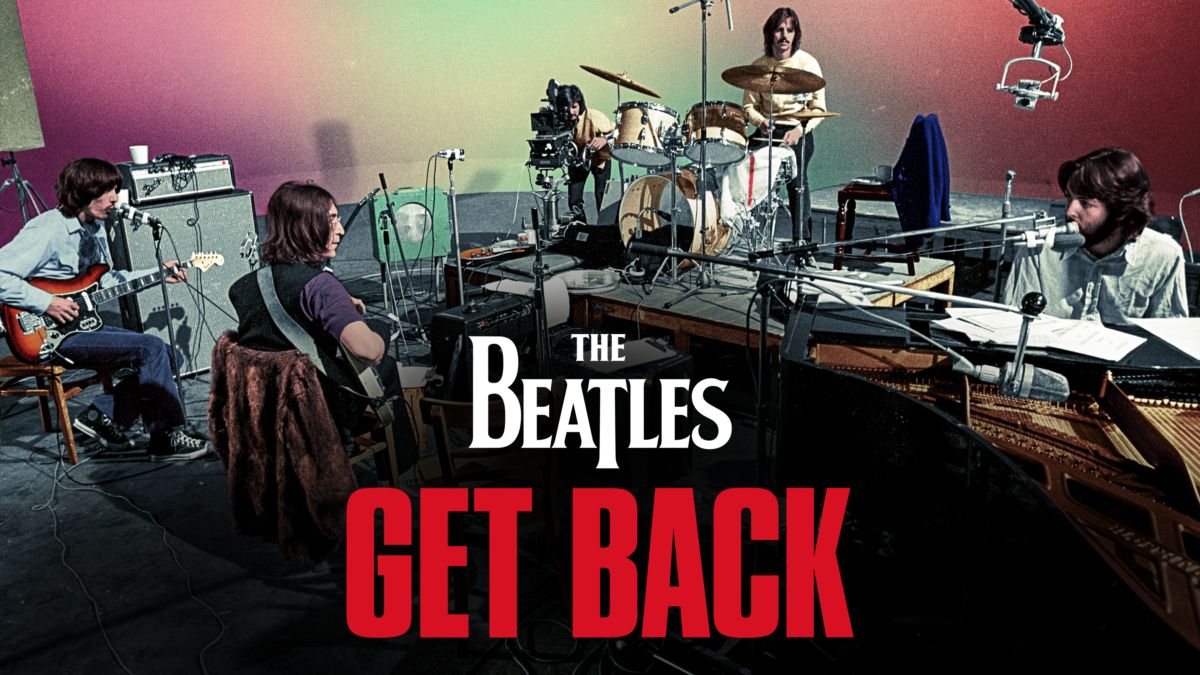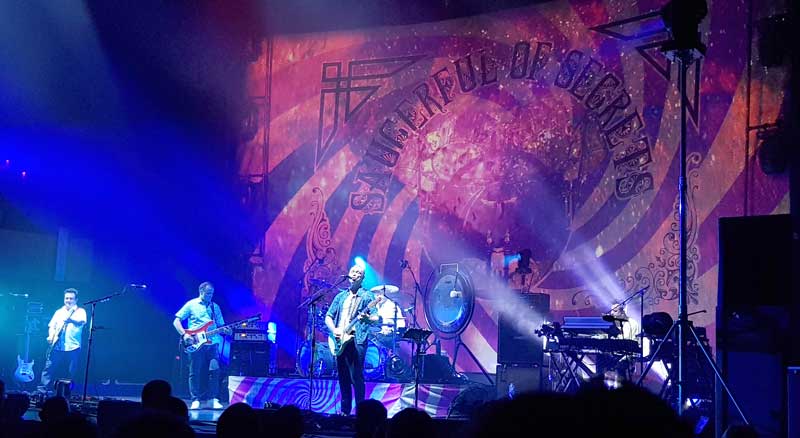An instant feckle-raiser* to many new arrivals to Old Blighty from Australia is the idea of the TV Licence – the annual fee which owners of TVs pay, which goes into funding the BBC. Personally I don’t mind the idea at all, and think it’s a reasonable way of funding a national broadcaster, and every now and again one gets the opportunity to see something which the licence fee is going towards which reinforces what excellent work some parts of the BBC do.
Previously my exposure to such things was chiefly being an audience member at recordings of various comedy TV & radio programs, such as QI, Have I Got News For You, The News Quiz, Old Harry’s Game, The Manifesto, The Unbelieveable Truth, Just A Minute, and I’m Sorry I Haven’t A Clue.
In this case though we (HC, Neonwombat & I) stepped a little outside of our regular remit and had a go at audiencing for BBC Radio 3’s “Discovering Music” series.
Absolutely excellent.
Radio 3 is in the main the BBC’s classical music station (it does other stuff as well), and it has a rich history of recording its own performances of classical pieces – but in addition to the straight performances, there’s a host of informational programmes, and that’s where Discovering Music fits in.

The piece that we were listening to was Dixit Dominus by George Friederic Handel. My only prior experience with Handel was the ubiquitous Hallelujah Chorus, and his Coronation Anthem “Zadok The Priest”. Based on this footing my opinion of Handel was therefore that the core of his work was based around him being a fairly bombastic arse-kisser. Admittedly, if you’re composer to the King it’s probably in the interests of your tenure to produce pro-kingly material.
St Paul’s Church in Knightsbridge was the venue – obviously a church is going to provide the best setting for a piece about how amazing God is, as well as having a good acoustic – and the best way to describe the crowd is probably by the observation made fairly early in the proceedings that I was the only person in the building sporting a t-shirt. The orchestra were St James’s Baroque, and the choir were the amazingly talented BBC Singers.
The format of the evening was that firstly the description of the piece was given by the host (a chap in a coppertone tie whose name escaped me), and as he worked through the various sections of it he had the orchestra play a chunk – sometimes together, or sometimes bringing out the individual lines. This very much reminded me of the “exploded view” diagrams you see in car manuals, giving the observer a better understanding of how the individual parts look, and how/where they fit together. For further expertise the compere would often go to the conductor, who in this case had credentials involving Westminster Abbey – I assumed quite prestigious and scholarly, and inferring from the detail of the answers he gave, this was very much the case.
Not only did the talk describe what was happening in the piece – in terms of the composition of the tune, harmonies, dynamics, rhythm and movement of motifs & themes throughout sections of the choir & orchestra – but also gave a great sense of texture and context in terms of the composer’s life, such as what his experience would have been up until that point, and a sense (in this case) of the fact he would have possibly been either showing off or trying to impress the Italian composers with whom he was working at this time.
The latter section of the programme was a complete play-through of the piece, which was perfect as it allowed you to revise what you’d just heard, and see if you could spot the things that the compere had explained – as well as enjoying the work in total.
What an excellent show – I look forward to keeping up with future editions, and wading through the archive of past recordings. Already I’m excited to have spotted a programme on one of my favourite pieces, Gustav Holst’s “Planets” suite (needs Real Audio to play).
* or, indeed, hackle




